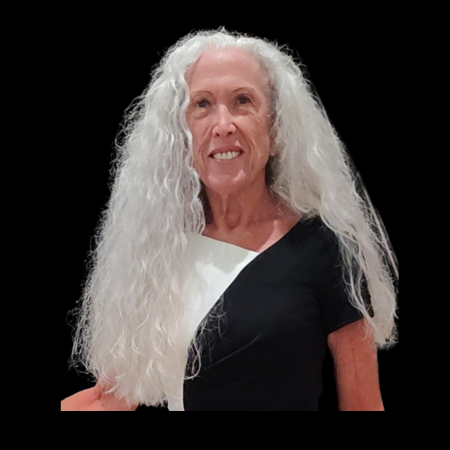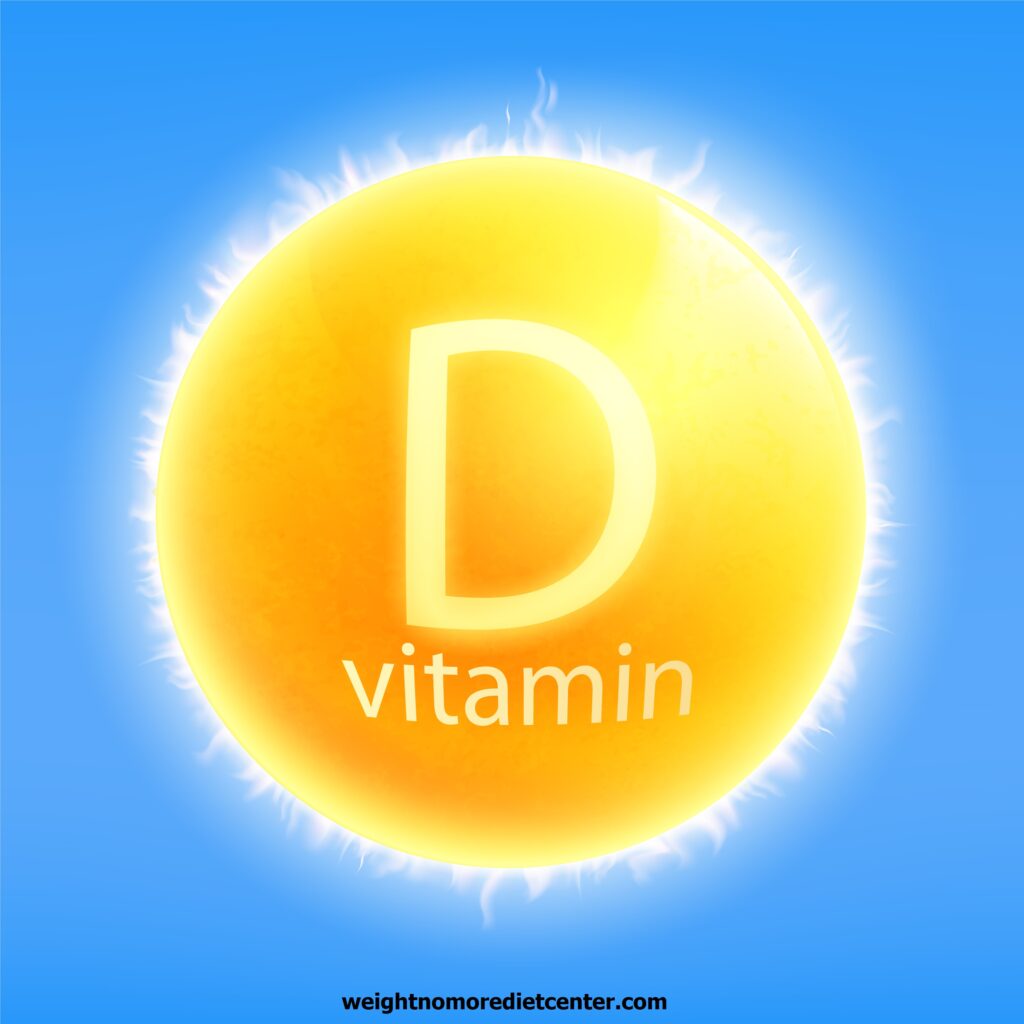Your Fat Cells and Vitamin D
Weight★No★More℠ Diet Center
Along with calcium, vitamin D has long been recognized as important for bone health. But Vitamin D also plays a part in a host of diseases, including heart disease, diabetes, and certain cancers. Not coincidentally, obesity is a known risk factor for many of those diseases.
In my office, I meet many people who are Vitamin D deficient who are taking prescribed supplementation.
Here’s why so many fat people have less Vitamin D.
Vitamin D is classified as a fat-soluble Vitamin. This means that it likes to hang out where there is fat. Overweight people have more fat, so Vitamin D has more places to hang out. It tends to get trapped inside the fat cells. The trouble is, when Vitamin D is sitting in the fat cells, it is not out and about doing Vitamin D stuff — which is important stuff.
The traditional view of Vitamin D is you need it to help your body absorb calcium. Bone growth and healing depend on getting enough calcium along with vitamin D, to keep the bones working properly (and by that, I mean, growing properly and repairing properly) and of course protects against osteoporosis.
Vitamin D also plays a great role in decreasing inflammation and helps to fight allergies.
So, let’s just recap.



Losing weight releases Vitamin D — meaning, the more fat that melts away, the more vitamin D is released to circulate.
Even the average Joe and Jane, in good shape, typically doesn’t get enough Vitamin D, but being fat means you need MORE than the average Joe and Jane. That means you need to work extra hard to make sure you’re getting all that you need.
Lose weight.
Increase your Vitamin D levels.
Lower your health risks.
Slimcerely yours℠,



